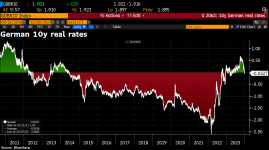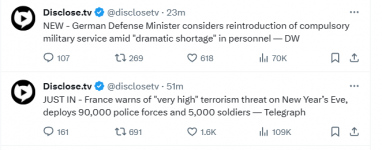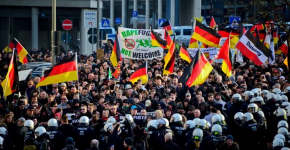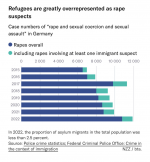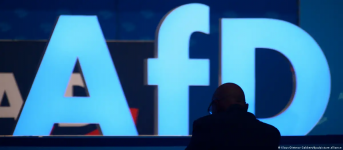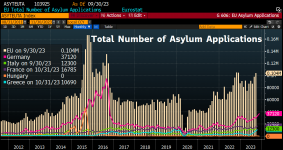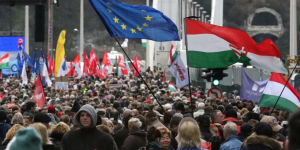northern watch
TB Fanatic
Polish president says he'll veto a spending bill, in a blow to the new government of Donald Tusk
Poland’s president says he intends to veto a spending bill which includes money for public media and raises for teachers, dealing a blow to the new pro-European Union government of Prime Minister Donald TuskBy The Associated Press
December 23, 2023, 2:59 PM

FILE - Poland President Andrzej Duda speaks at an event in support of tripling global nuclear capacity by 2050 during at the COP28 U.N. Climate Summit, Saturday, Dec. 2, 2023, in Dubai, United Arab Emirates. Poland’s president says he intends to veto a spending bill which includes money for public media and raises for teachers, dealing a blow to the new pro-European Union government of Prime Minister Donald Tusk. President Andrzej Duda said Saturday, Dec. 23 he would veto the bill that includes 3 billion zlotys ($762 million) for public media and would propose a bill of his own. (AP Photo/Peter Dejong, file)
WARSAW, Poland -- Poland's president said Saturday that he intends to veto a spending bill which includes money for public media and raises for teachers, dealing a blow to the new pro-European Union government of Prime Minister Donald Tusk.
President Andrzej Duda said he would veto the bill that includes 3 billion zlotys ($762 million) for public media and would propose a bill of his own instead.
It comes after Tusk's government this week week fired the directors of state television, radio and the government-run news agency, a step it said was necessary to reestablish independent media in Poland.
Public media in Poland is funded by taxpayers and is legally required to be free of political bias. However, Law and Justice, the populist right-wing ruling party that held power for eight years until this month, used media as a propaganda mouthpiece that spread disinformation and xenophobic and homophobic content.
Tusk won power on promises to restore democratic norms, including through the reform of public media. But Poles have been debating whether his government was setting new negative examples in the way it took control over public media.
The culture minister replaced the heads of state media and TVP Info, a 24-hour news network, which went off air on Wednesday and is not yet broadcasting again.
The Helsinki Foundation for Human Rights in Warsaw said Friday that it had doubts about whether a member of the government should be making decisions about changes in leadership positions in public media.
“We realize that political and legal conditions make such reforms very difficult,” the human rights group wrote. “However, we cannot help but notice that the manner of initiating changes in public media raises serious legal doubts.”
Some others defended the Tusk government's move, saying it had to act to stop media that were producing propaganda, and that the government should ultimately be judged on whether it manages to establish objective media outlets free from political bias.
Duda, who is politically aligned with Law and Justice, harshly condemned the government's takeover of public media, warning that he won’t accept moves that he believes to be against the law.
The president has the right to veto legislation and can propose legislation of his own. Duda remains in office for another year and a half, and his veto is an early sign of difficulties Tusk is likely to face in putting forward his agenda.
“There cannot be consent to this in view of the flagrant violation of the Constitution and the principles of a democratic state of law. Public media must first be repaired reliably and legally,” Duda tweeted in announcing his planned veto.
In response, Tusk tweeted that Duda's move would block raises for preschool and other teachers.
"Shame on you. Merry Christmas, President. I reassure those affected: we will deal with it,” Tusk said.
It was not clear how Tusk would manage to overcome the obstacle. His coalition holds a majority of 248 seats in the 460-seat Sejm, or parliament, but is short of the three-fifths majority needed to override presidential vetoes

Polish president says he'll veto a spending bill, in a blow to the new government of Donald Tusk
Poland’s president says he intends to veto a spending bill which includes money for public media and raises for teachers, dealing a blow to the new pro-European Union government of Prime Minister Donald Tusk
Last edited:


